Hai Duong's tradition of studiousness
The history of feudal examinations in Vietnam is counted from 1075 under the reign of King Ly Nhan Tong when the "Minh Kinh Bac Hoc" examination was opened. The feudal examinations were closed in 1919 under the reign of King Nguyen Hoang Tong.
Over nearly 9 centuries, the whole country organized 185 examinations, selecting 2,898 doctors, of which Hai Duong had 644, accounting for more than 20% of the total number of Confucian doctors in the whole country. Of which, Nam Sach district has the largest number of Confucian doctors in Hai Duong, and is also the district with the most Confucian doctors in the whole country with 125 great scholars.
In particular, Hai Duong is also known for a famous place called “The Doctorate Kiln of the East” in Mo Trach village, Tan Hong commune, Binh Giang district, with 39 doctors passing the exams during the Tran and Le dynasties. This is a “unique” case in the history of Vietnamese Han studies examinations. Thus, it can be seen that Hai Duong is the province with the largest number of doctors in the country at all three administrative levels of province, district and commune.
In terms of age, the youngest person was Bui Hoan Khanh from Vinh Lai village (Vinh Tuy commune, Binh Giang district), at the age of 18, passed the Third Class Doctorate exam in the 21st year of Hong Duc (1490); the latest person to pass was Dang Thi Man from An Lac village, Dong Lac commune, Nam Sach district, at the age of 65, passed the Third Class Doctorate exam in the 14th year of Hoang Dinh (1463).
 |
The gate of Mao Dien Temple of Literature. (Photo in article: Hoang Giang) |
Originating from such a tradition of mandarin examinations, Hai Duong was also the place where the Temple of Literature was built early to worship Confucius and preserve the names of the great scholars representing the local mandarin examination tradition.
Special National Historical Site
History books also record that after the successful resistance war against the invading Ming army, King Le Thai To (1428 - 1433) on the one hand gradually rebuilt all political institutions, on the other hand paid special attention to education and training of talents for the country by setting up examinations. The Temple of Literature system was successively built at the levels of prefectures, districts, provinces, towns... in our country. Accordingly, the Hai Duong Temple of Literature was also built.
However, the ancient Hai Duong Temple of Literature was not located in Mao Dien today but was originally located in Vinh Lai commune, Duong An district, Thuong Hong prefecture (now Vinh Lai village, Vinh Tuy commune, Binh Giang district, Hai Duong). Currently, the old land on the right bank of the Sat River still has traces of a high, flat land area of about 3,000m2 with some antiques, people call this the ancient Temple of Literature foundation.
Along with the Temple of Literature in Vinh Lai, the Huong Examination School in Hai Duong town was built during the Hong Duc period (1470 - 1497) in Mao Dien commune, Cam Giang district, Thuong Hong prefecture (now Trang field, Phuc Dien commune, Cam Giang district). Mao Dien is the name of the locality, Mao means grass, fragrant grass, and yarrow. Dien means field. In the past, this place was a very large field with lots of fragrant grass and yarrow, so the ancients chose this place to be the Huong Examination School of Hai Duong town.
This is one of 6 examination schools from Nghe An and beyond, including: Nghe An, Thanh Hoa, Kinh Bac, Son Tay, Son Nam Thuong and Hai Duong.
Like many examination schools at that time, the Hai Duong provincial examination school was not built permanently. Each time an examination took place, the school was built with simple materials such as bamboo, thatch, and leaves. The construction site was on a flat, spacious field, sometimes just after the rice harvest.
The examination hall consisted of three areas: the Inner Hall area for the examiners, the Outer Hall area for the Supervisors, and the third area for the candidates to set up tents and cots. The examination hall was divided into four squares, surrounding the school, each square had seven long houses, each long house had 17 rooms. However, most of the Huong examination halls did not have enough houses, so the candidates set up their own tents and cots to take the exam. Candidates also prepared their own pens, ink, knives, scissors, food, water for the day, and a test tube. Next to the ten-way house was a guardhouse to give orders for the examination hall.
 |
Many schools choose Mao Dien Temple of Literature as a place for students to visit and experience. |
From the early Le Dynasty (15th century) to the Nguyen Dynasty (19th century), many Huong exams took place here. This was also the place to train thousands of bachelors and bachelors. Especially during the Mac Dynasty, due to the complicated political changes in Thang Long, the Mac Dynasty kings chose Hai Duong Examination School to organize 4 Hoi (Dai Khoa) exams in the years 1529, 1532, 1535, 1538.
In the year Canh Than (1800), to facilitate the organization of Confucius worship and Confucian examinations, Hai Duong town moved the Temple of Literature from Vinh Lai to merge with the Huong Examination School and named the relic after the locality, so it was called Mao Dien Temple of Literature.
Today, Mao Dien Temple of Literature not only worships Confucius but also worships 8 other great scholars representing different fields and eras (7 of whom are from Hai Duong or have ties to Hai Duong): Vice-rector of the Imperial Academy, teacher Chu Van An; First-ranking scholar of two countries Mac Dinh Chi; Imperial Inspector, Doctor Pham Su Menh; Great physician, Imperial student Tue Tinh; National hero, World Cultural Celebrity Nguyen Trai; Vietnamese math genius, Minister Vu Huu; Trinh Quoc Cong, First-ranking scholar Nguyen Binh Khiem; Female Doctor Nguyen Thi Due.
Mr. Ha Quang Thanh - Deputy Head of the Cam Giang District Relic Management Board said: The Temple of Literature is a symbol of the nation's tradition of studiousness and "respect for teachers". Therefore, unlike most other historical sites, visitors to Mao Dien Temple of Literature come to pray for peace, study, and passing exams. Currently, many local schools and neighboring provinces also choose Mao Dien Temple of Literature as a place for students to visit and experience.
With its cultural, historical and architectural values, in 1992 Mao Dien Temple of Literature was ranked as a National Historical Relic by the Ministry of Culture and Information (now the Ministry of Culture, Sports and Tourism), and in December 2017 it was ranked as a Special National Historical Relic. On December 6, 2024, the People's Committee of Hai Duong province decided to recognize Mao Dien Temple of Literature as a provincial tourist site...
Source: https://baophapluat.vn/van-mieu-mao-dien-bieu-tuong-khoa-bang-cua-dat-hoc-hai-duong-post547010.html



![[Photo] Solemn opening of the 9th Session, 15th National Assembly](https://vphoto.vietnam.vn/thumb/1200x675/vietnam/resource/IMAGE/2025/5/5/ad3b9de4debc46efb4a0e04db0295ad8)
![[Photo] President Luong Cuong presided over the welcoming ceremony and held talks with Sri Lankan President Anura Kumara Dissanayaka](https://vphoto.vietnam.vn/thumb/1200x675/vietnam/resource/IMAGE/2025/5/5/bbb34e48c0194f2e81f59748df3f21c7)

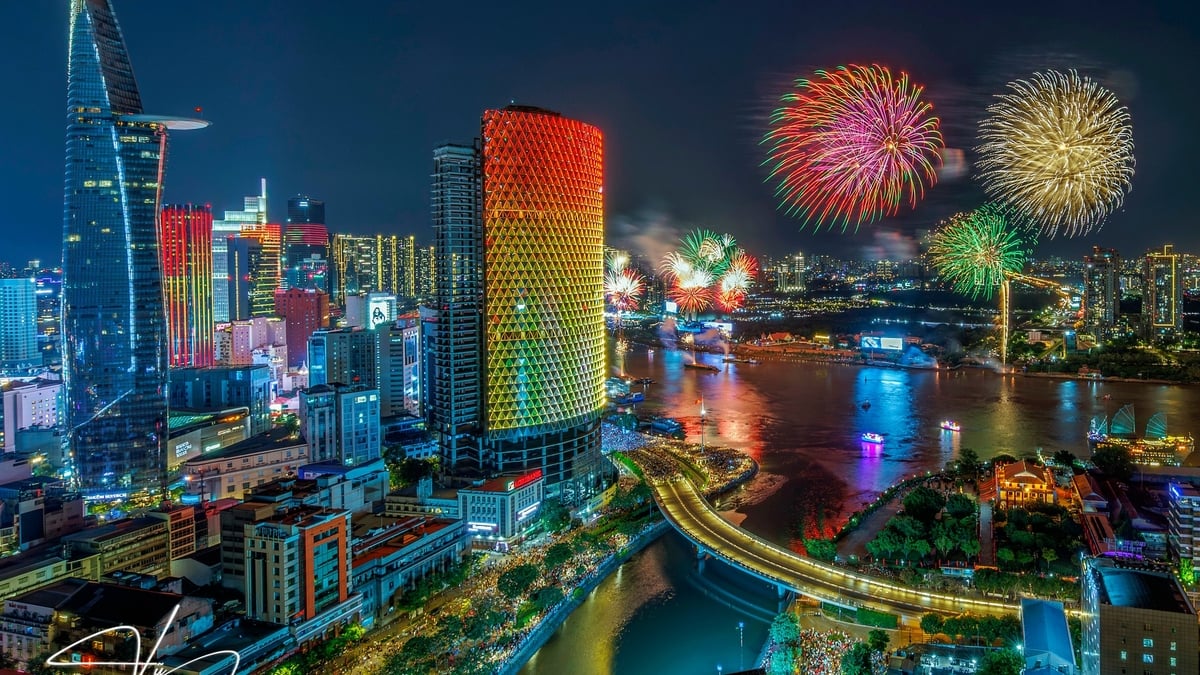

![[Video] Official visit to the heart relic of Bodhisattva Thich Quang Duc](https://vphoto.vietnam.vn/thumb/402x226/vietnam/resource/IMAGE/2025/5/5/175524e8f81e423eb4042aea7a9b6def)
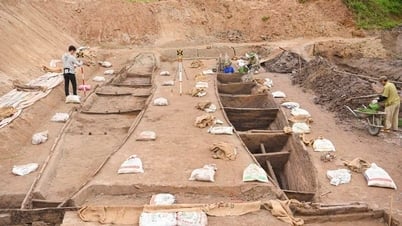














![[Photo] National Assembly delegates visit President Ho Chi Minh's Mausoleum](https://vphoto.vietnam.vn/thumb/1200x675/vietnam/resource/IMAGE/2025/5/5/9c1b8b0a0c264b84a43b60d30df48f75)





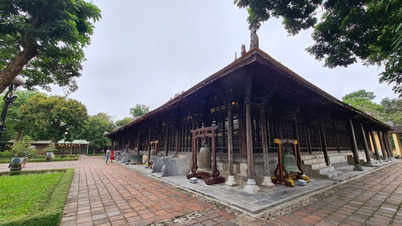



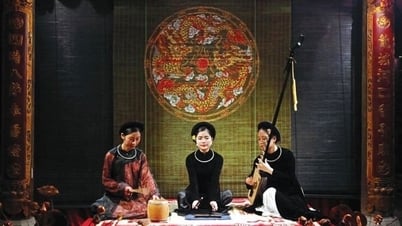
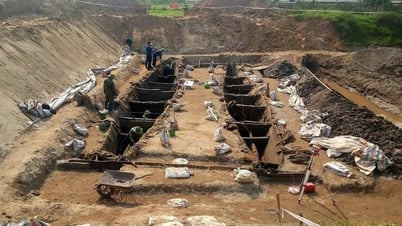


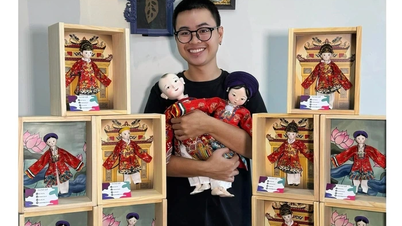




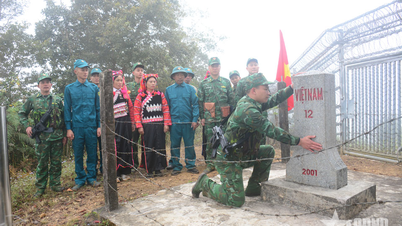

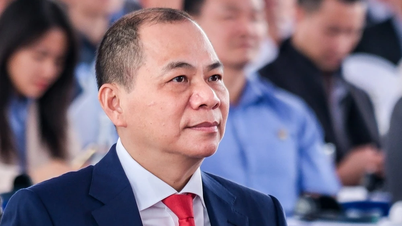









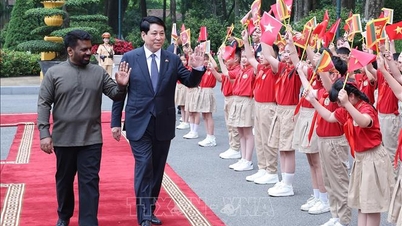

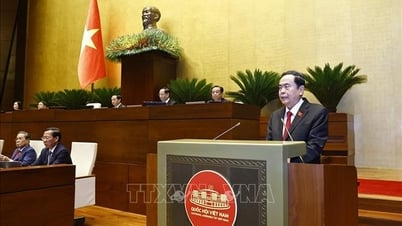
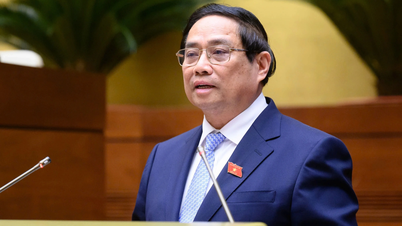
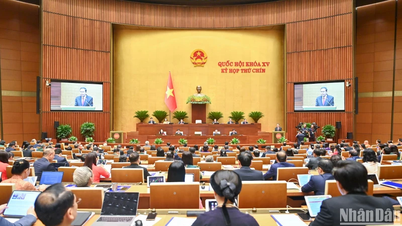


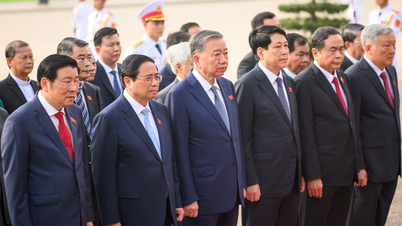


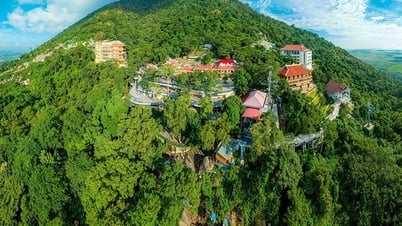



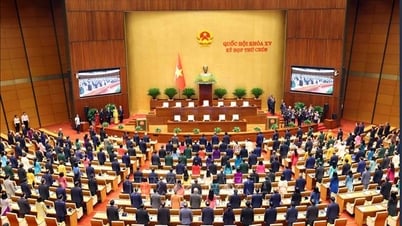









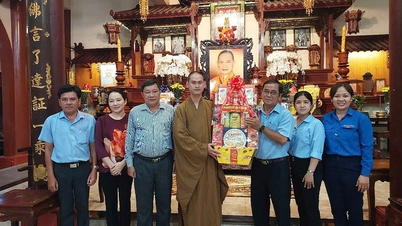
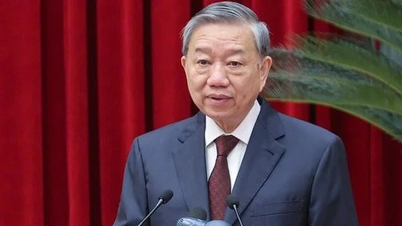

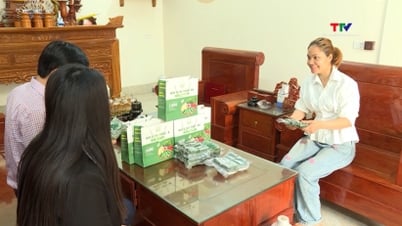

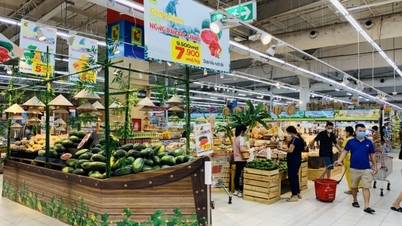


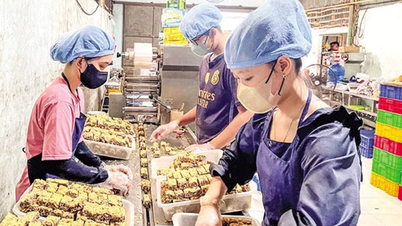





Comment (0)